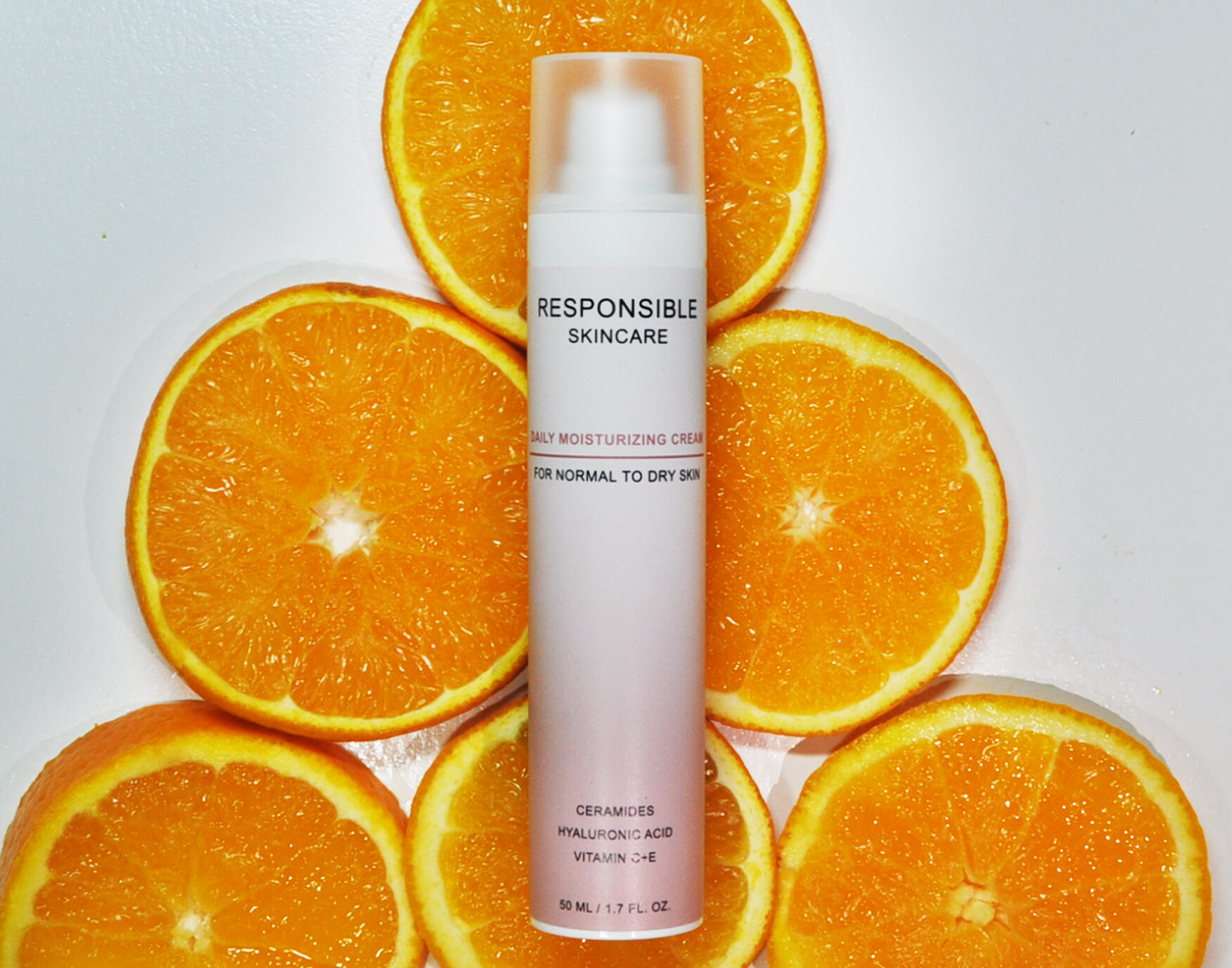
In recent years, there has been a noticeable shift towards embracing natural skincare products. Understanding the essence of natural skincare, its benefits, and suitability for individual skin types is crucial in making informed choices for your skincare routine.
What is Natural Skincare?
Natural skincare refers to products formulated predominantly with naturally derived ingredients sourced from plants, herbs, minerals, and other organic sources. These formulations avoid or minimize the use of synthetic or artificial chemicals, fragrances, and additives commonly found in conventional skincare products. Common natural skincare ingredients include botanical extracts, essential oils, fruit acids, and various plant-based oils like coconut, argan, or jojoba oil.
Is Natural Skincare Better Than Regular Skincare?
The debate between natural versus regular skincare often revolves around personal preferences, skin sensitivities and specific skincare goals. Natural skincare proponents advocate for its perceived benefits, emphasizing its gentleness on the skin and reduced exposure to potentially harsh synthetic chemicals. However, while natural skincare can be beneficial for many, it’s important to note that not all synthetic ingredients are harmful, and some may have proven skincare benefits when used in controlled amounts.
Benefits of Natural Skincare:
- Gentleness: Natural skincare products are often gentler and less likely to cause irritation or allergic reactions, making them suitable for sensitive skin types.
- Fewer Harsh Chemicals: They typically exclude harsh chemicals like parabens, sulfates, and silicones, which some people prefer to avoid due to their potential long-term effects on health.
- Rich in Nutrients: Many natural ingredients are rich in antioxidants, vitamins, and minerals that can nourish and rejuvenate the skin.
- Environmental Impact: Natural skincare brands often prioritize sustainability, using eco-friendly packaging and supporting ethical sourcing practices.
How to Determine if Natural Skincare Fits Your Skin:
Finding the right skincare routine is a personal journey that involves understanding your skin type, concerns, and preferences. Here are steps to help assess if natural skincare aligns with your needs:
- Know Your Skin Type: Determine if you have oily, dry, sensitive, or combination skin. Natural products cater to various skin types, offering options suitable for each.
- Read Labels: Check product labels for ingredients. Look for certified organic or natural labels, and research unfamiliar ingredients to ensure they align with your preferences and skin needs.
- Patch Testing: Perform a patch test before incorporating new products into your routine. Apply a small amount of the product on a small area of skin and monitor for any adverse reactions over 24-48 hours.
- Consult a Professional: Seek advice from a dermatologist or skincare specialist to understand your skin better and receive tailored recommendations.
In conclusion, natural skincare offers a range of benefits, emphasizing gentle, nature-derived ingredients that can be advantageous for many individuals. However, determining if it suits your skin requires understanding your skin type, preferences, and conducting thorough research. Ultimately, the best skincare routine is one that addresses your skin’s unique needs while aligning with your values and preferences.

